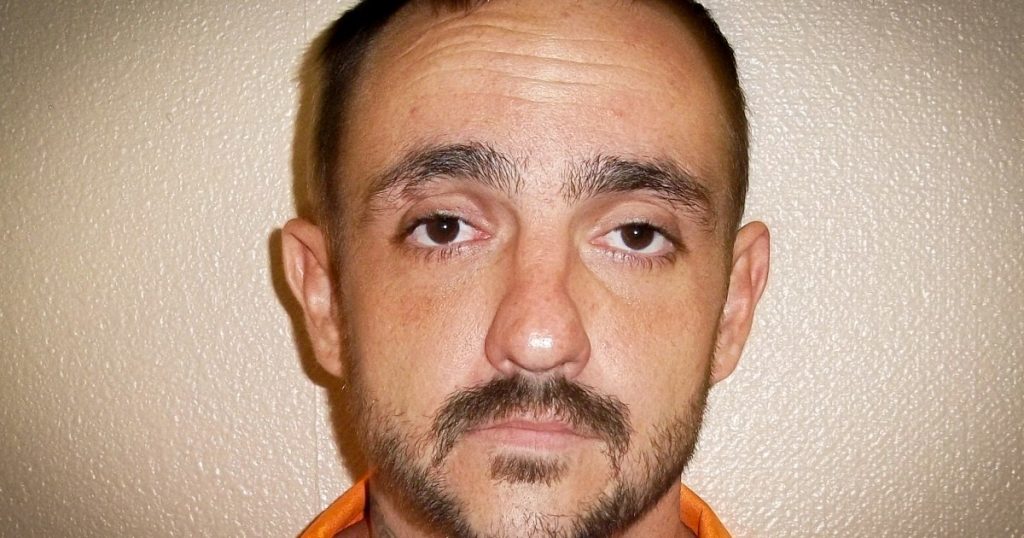Derrick Dearman, a convicted killer on death row in Alabama, has decided to drop his appeals and pursue execution for the murders of five people eight years ago. In his first interview, Dearman expressed his readiness to face the consequences of his actions and bring closure to the victims’ families. He reached this decision after being denied an appeal by the Alabama Supreme Court and reflecting on his past actions. Dearman has also taken steps to ask for forgiveness from the families of his victims, expressing remorse for the pain he has caused.
The tragic events began when Dearman stormed into a home armed with weapons and drugs, attacking the victims in their sleep before kidnapping one of the residents and fleeing the scene. Dearman turned himself in once he came to his senses and realized the extent of his actions. Despite pleading guilty and expressing regret over his drug-induced behavior, Dearman understands the gravity of his crimes and is willing to face the consequences as a form of justice. His decision to forego further appeals is aimed at providing closure to everyone affected by the tragedy, including his own family.
Alabama law dictates that even a suspect who pleads guilty to capital murder must face a trial by jury, leading to Dearman’s conviction in 2018. Dearman has expressed a desire for a lethal injection as his preferred method of execution, even with concerns about the complications that have arisen from previous executions in the state. Despite acknowledging the fear and uncertainty surrounding his decision, Dearman is focused on carrying out what he believes to be the right path in the aftermath of his crimes. He has also chosen a spiritual adviser to support him through the process.
While Dearman’s choice for execution may not align with his personal beliefs about the death penalty, he is resolute in his decision to move forward. He recognizes that some individuals on death row have committed even more severe crimes than those in the general prison population. Dearman cites the harsh reality of Alabama’s prison system as a factor in his choice but underscores that his primary motivation is to provide closure and healing for all parties involved. By taking responsibility for his actions, Dearman seeks to facilitate a sense of resolution and begin the process of healing and moving forward for the victims’ families and his own.


